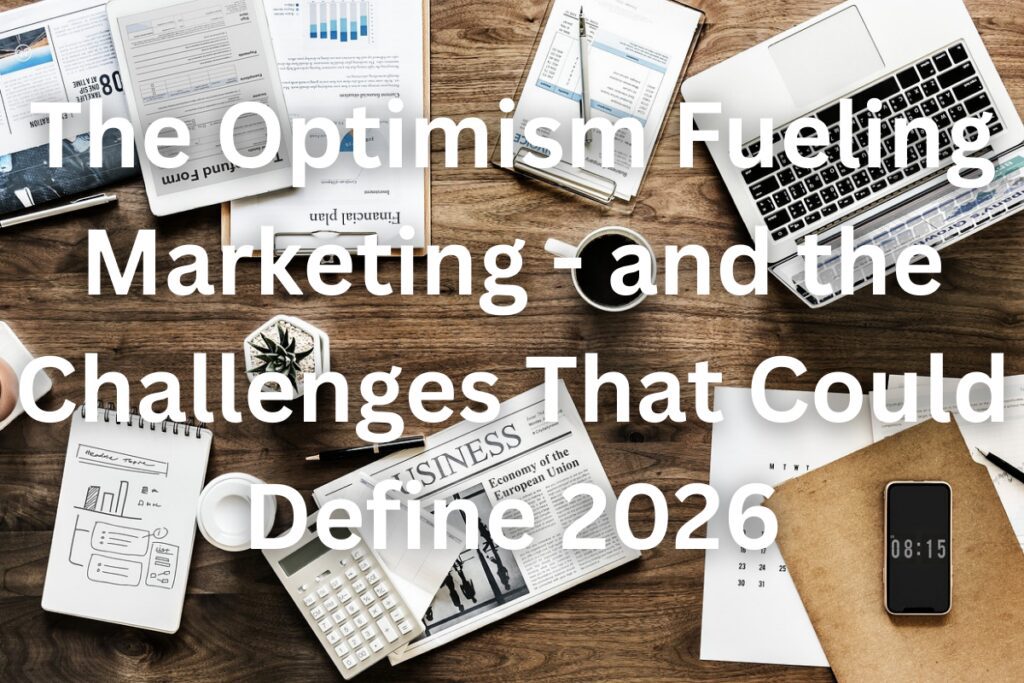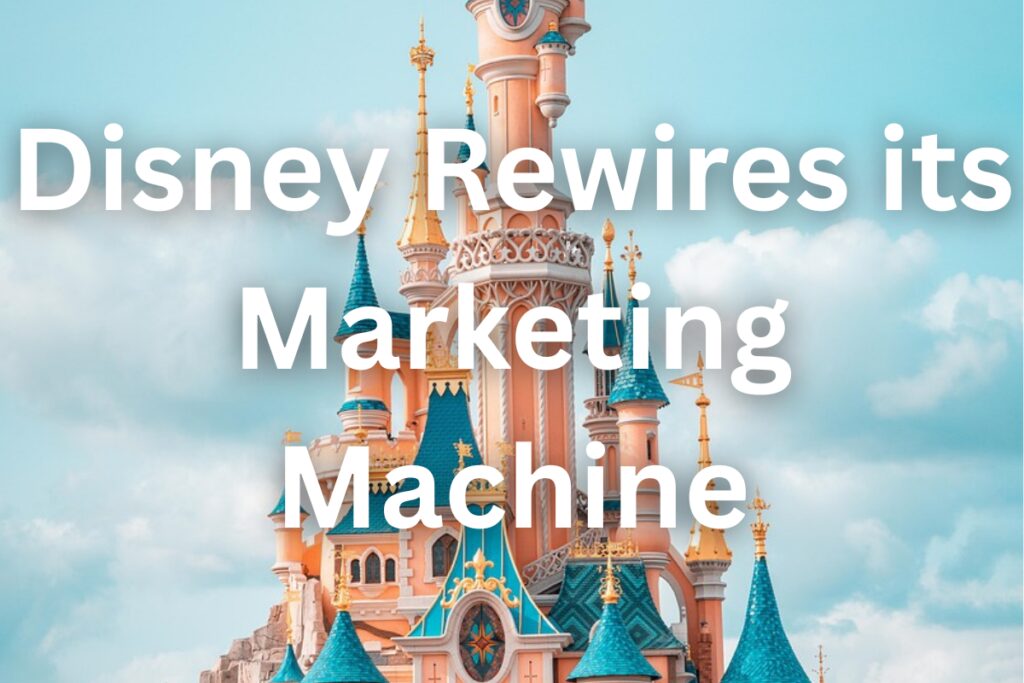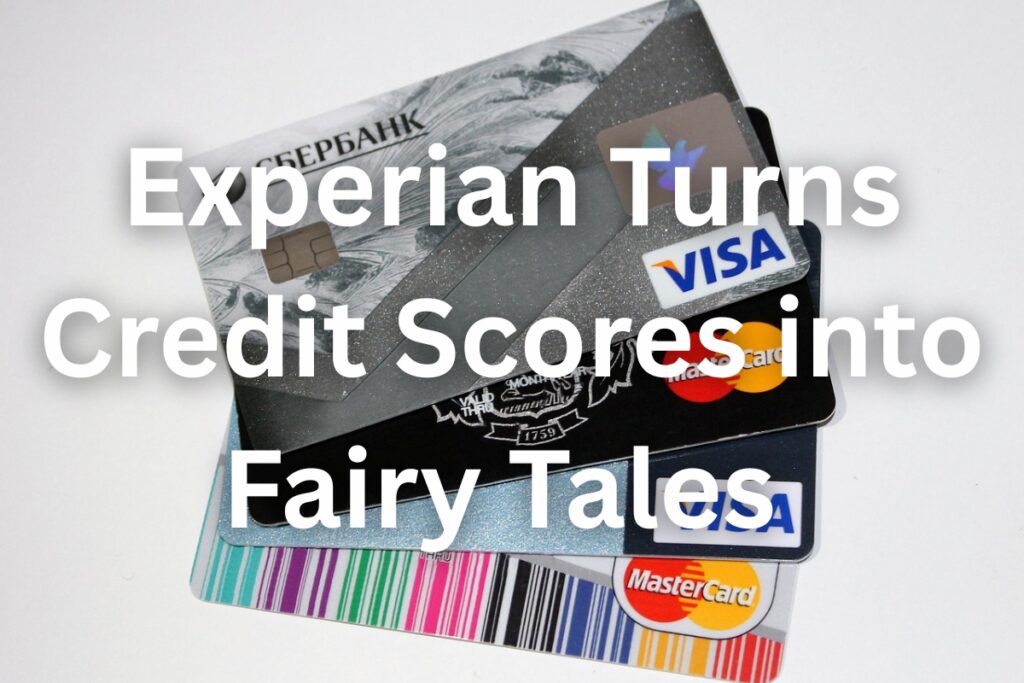In the world of B2B marketing, the journey from initial consideration to final decision-making is a complex terrain, often obscured by misconceptions about the role of branding and the dynamics at play beyond the day-one shortlist.
While it’s tempting to believe that once on that coveted shortlist, the game is won, the reality is far more intricate. So, let’s embark on a more detailed journey through the intricacies of B2B marketing, exploring the responsibilities that extend far beyond mere brand recognition.
The Myth of Day-One Shortlist Supremacy
According to Harvard Business Review, 90% of B2B buyers choose a vendor from their day-one shortlist, highlighting the crucial importance of brand salience.
However, the question arises: What happens next? Does this statistic imply that the decision is already made, relegating marketing’s role to a mere 10% of the equation?
Not quite. While being on the shortlist is undeniably crucial, it’s only the beginning of a nuanced journey where the efforts of marketers and sales professionals continue to shape outcomes.
Marketing’s Impact Beyond the Shortlist
Contrary to popular belief, the journey doesn’t end at the shortlist. Marketing holds a pivotal role in shaping outcomes even in the latter stages of the buyer journey.
It’s not just about being on the shortlist; it’s about staying top-of-mind and influencing decision-makers as they navigate through the complexities of procurement. While it requires time and collaboration across sales and marketing, the impact can be transformative.
So, consider this – with the right alignment and strategy, marketers have been known to halve time in the pipeline, double win rates, and significantly increase deal size. These outcomes underscore the criticality of marketing’s involvement beyond the initial shortlist phase.
The Fallacy of Brand vs. Demand
Traditionally, marketing efforts at the bottom of the funnel are perceived as distinct from brand building.
However, in the realm of complex B2B sales, this distinction blurs. Decision-makers remain irrational beings driven by emotions and heuristics, seeking to minimise risk rather than maximise benefits for their organisations.
Acknowledging this reality is crucial for marketers, as it reframes the approach to demand generation. It’s not just about presenting features and specs; it’s about understanding the underlying motivations and fears of decision-makers and addressing them through targeted messaging and storytelling.
Navigating the Complex B2B Landscape
As the B2B buying process unfolds over months and involves multiple stakeholders, the risk profile evolves, presenting both challenges and opportunities for marketers.
Anecdotes and ‘swagger stories’ play a crucial role in shaping perceptions and minimising perceived risk, underscoring the importance of storytelling in B2B marketing.
Moreover, marketers must recognise that the landscape is constantly shifting, with new stakeholders entering the fray and priorities evolving over time. Adapting to these changes requires agility and a deep understanding of the buyer’s journey.
From Brand Promise to Buyer Experience
Building salience extends beyond brand recognition; it encompasses delivering on the brand promise throughout the buyer experience.
By applying the same principles of brand building to reinforce preference at different elevations of the funnel, marketers can drive meaningful outcomes and reshape perceptions.
This means ensuring that every touchpoint with the customer reinforces the brand promise and delivers a consistent and compelling experience.
From initial interactions to post-sale support, each interaction shapes the buyer’s perception of the brand and influences future purchasing decisions.
Conclusion
In the intricate tapestry of B2B marketing, the journey from initial consideration to final decision-making defies simplistic categorisations. Beyond the day-one shortlist lies a realm where creativity, positioning, and emotion converge to shape outcomes.
By understanding and embracing the complexities of the buyer journey, marketers can unlock new opportunities for success and redefine the narrative of B2B marketing. It’s not just about being on the shortlist; it’s about staying relevant and influential throughout the entire journey, guiding decision-makers towards a mutually beneficial outcome.
In this dynamic landscape, it should always be remembered that marketers play a vital role as architects of brand perception and champions of customer experience.









